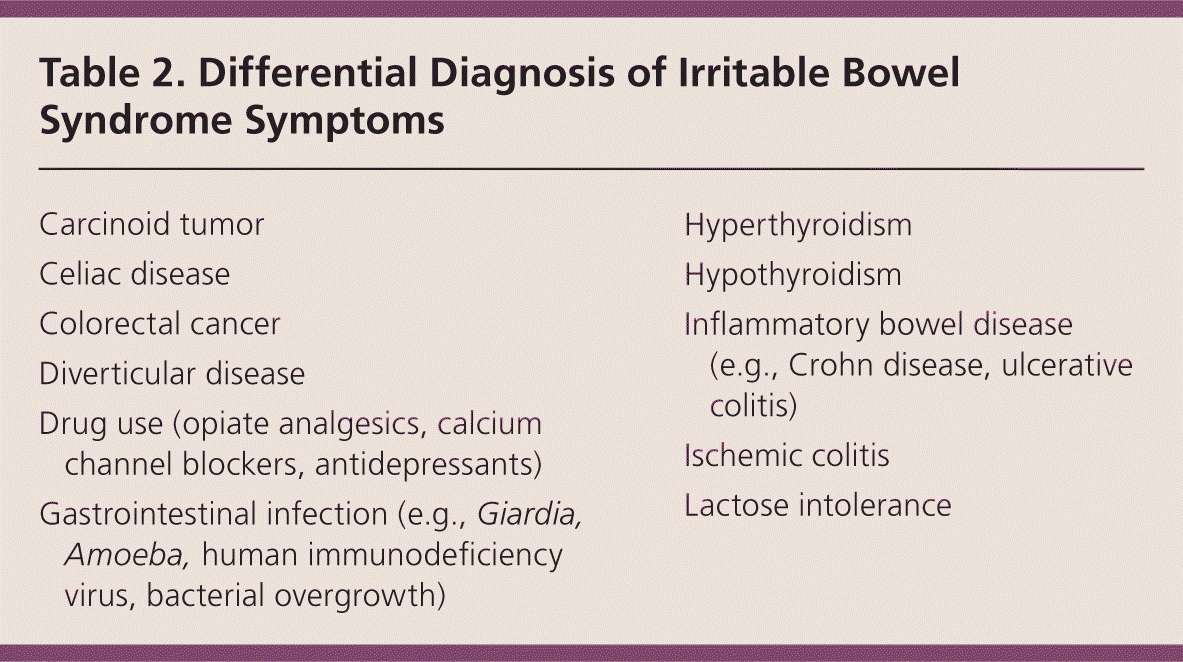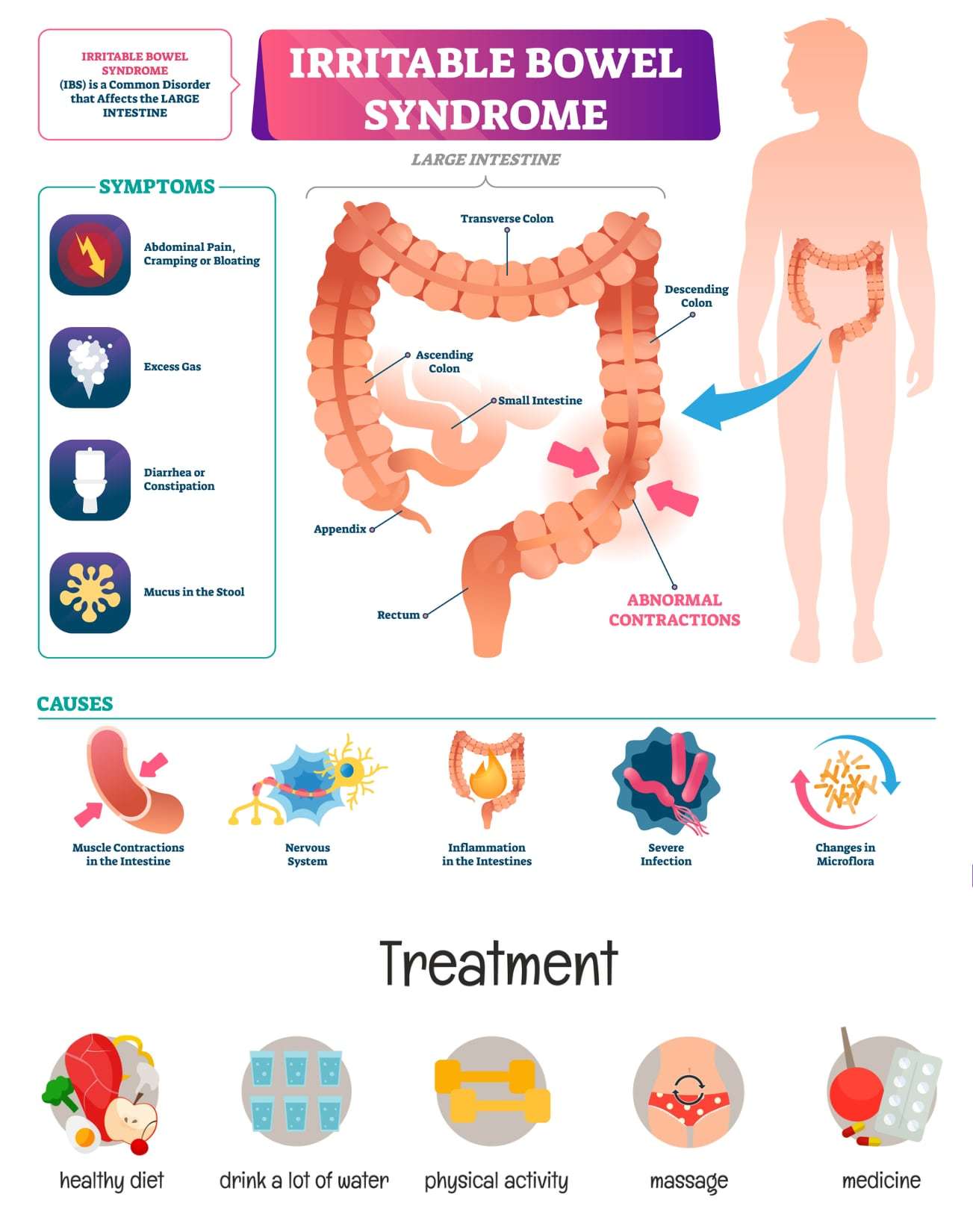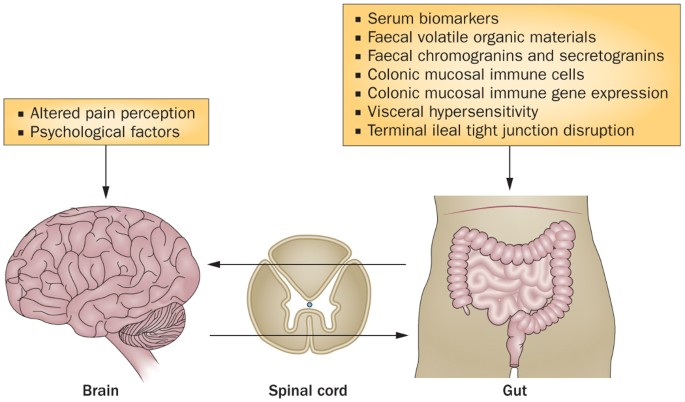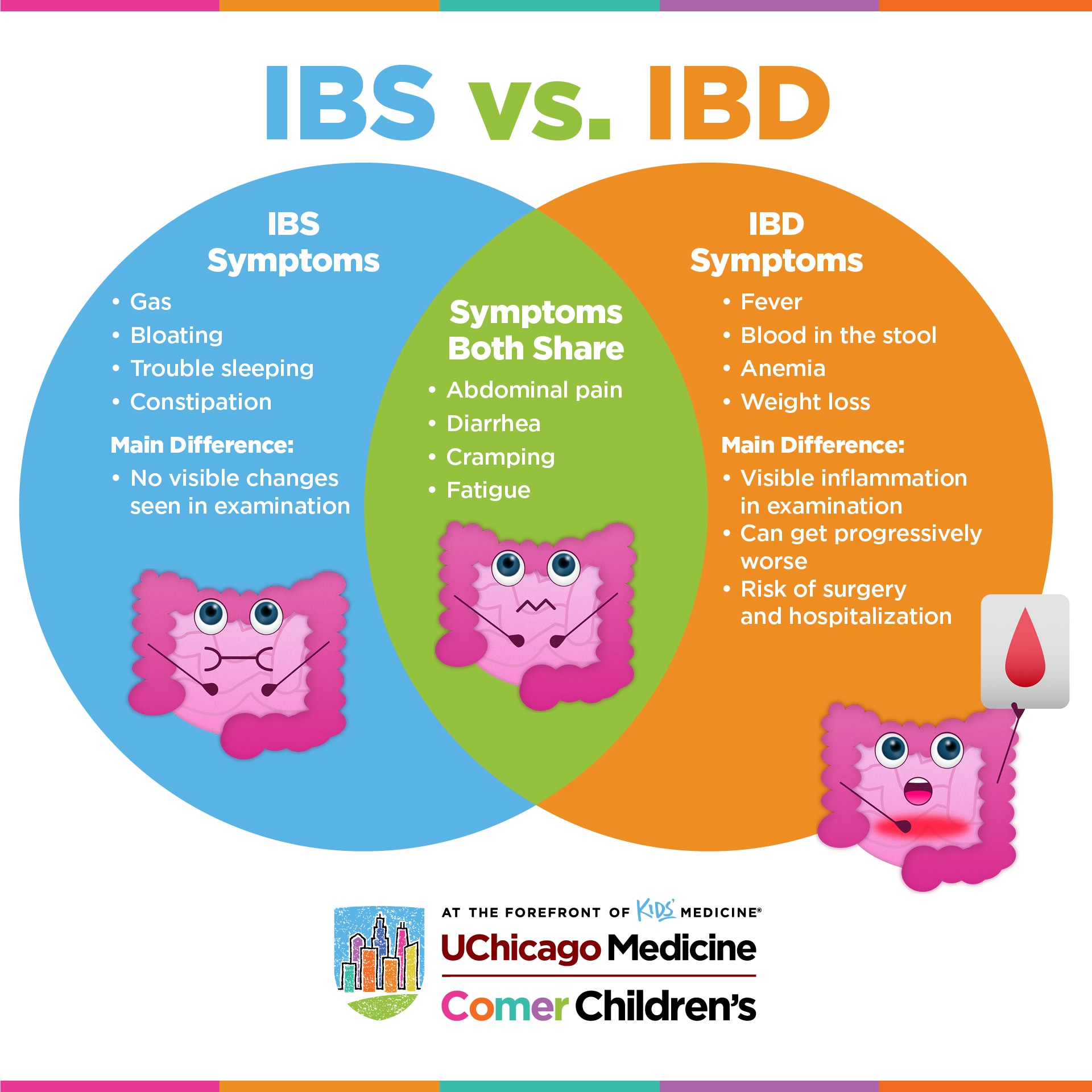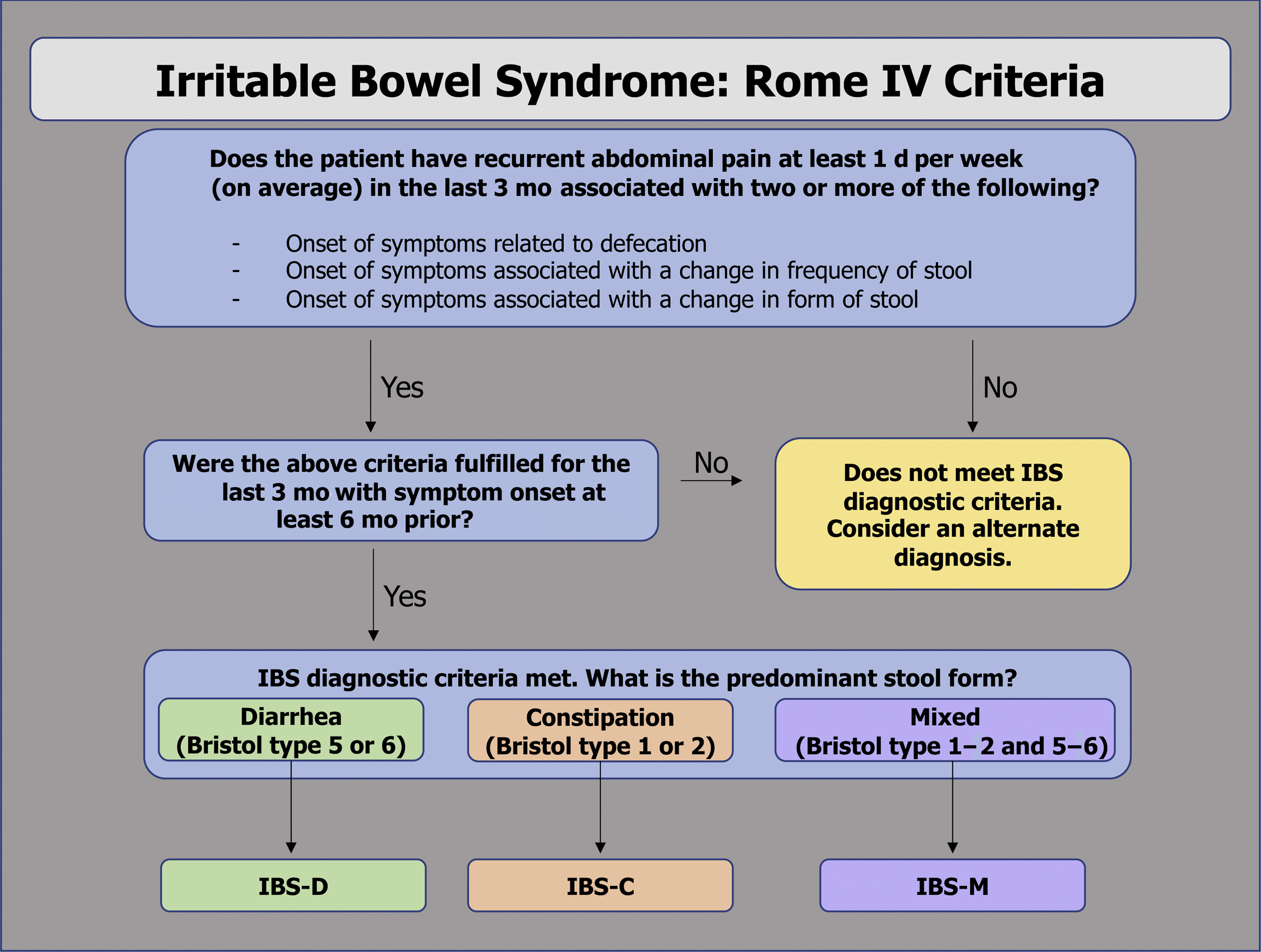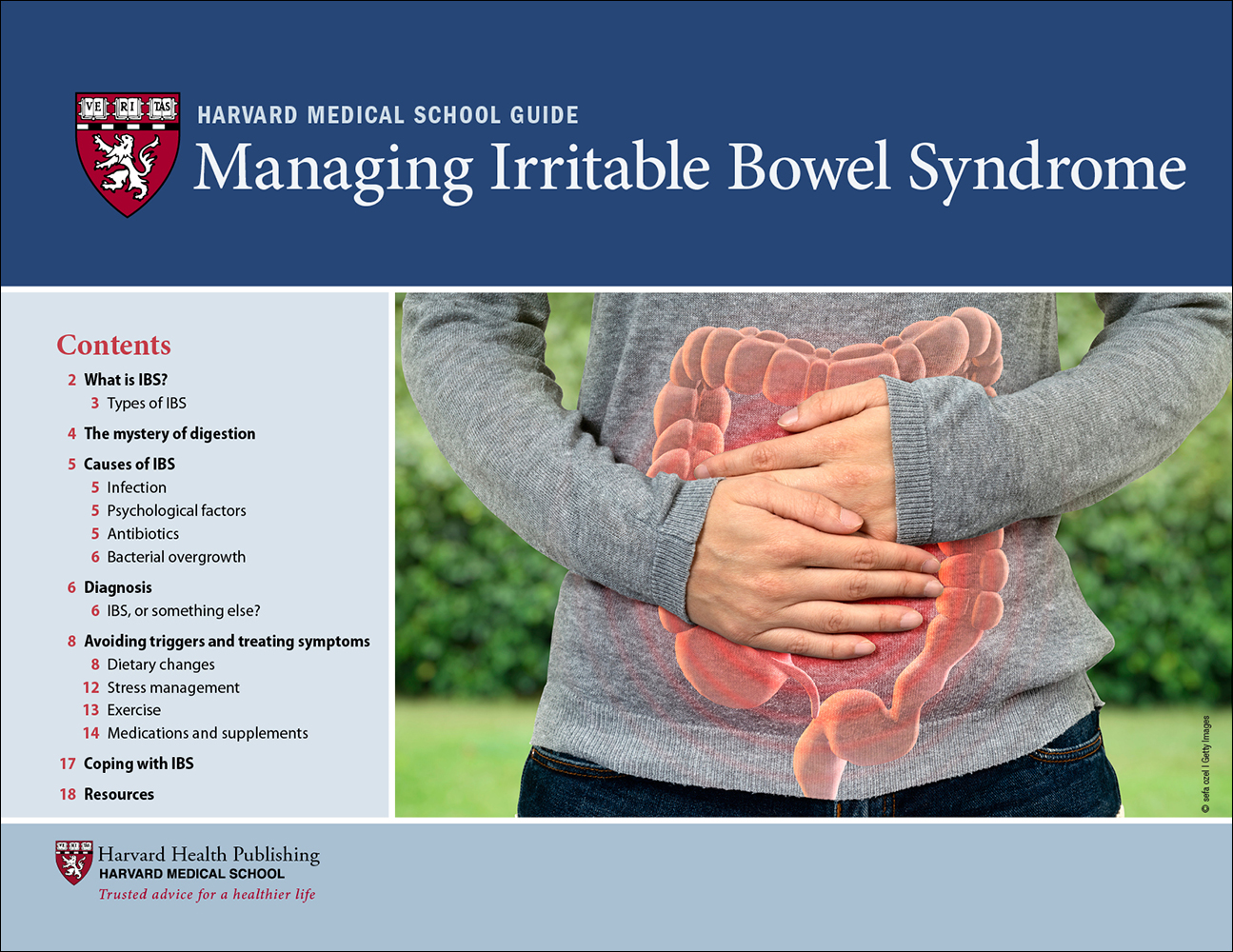Out Of This World Tips About How To Diagnose Ibs
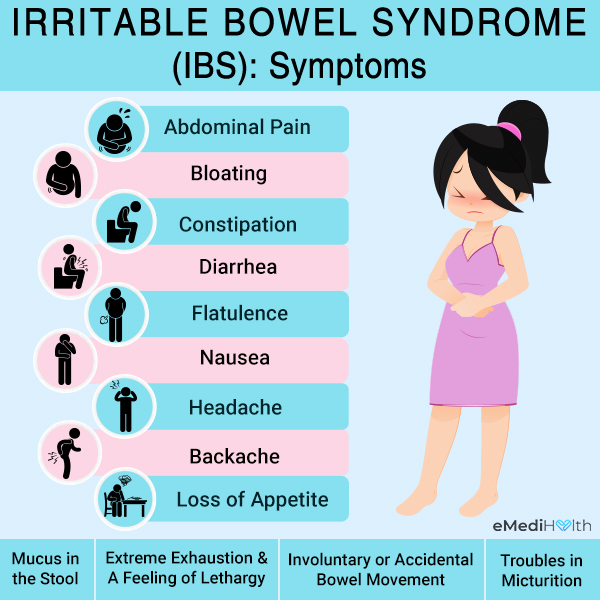
Ibs can be confidently diagnosed based on a good understanding of the symptoms experienced, following a comprehensive history and physical examination and in.
How to diagnose ibs. To diagnose ibs, your doctor will take a complete medical history and perform a physical exam. Your first tests will likely include blood and stool laboratory tests. A gastroenterologist at nyu langone may diagnose the condition by recognizing a pattern of symptoms based on a detailed medical.
Further testing could include imaging studies of your gastrointestinal (gi) tract. Then we match your answer to the rome iv criteria for the diagnosis. A blood test to check for problems like coeliac disease.
Because of this, tests like endoscopy are. To diagnose irritable bowel syndrome (ibs), doctors review a child’s symptoms and medical and family history and perform a physical exam. Blood tests may be needed to rule out other diseases and conditions with similar symptoms to ibs.
If, through this process, no other health issues are found, a diagnosis of ibs is. Ibs is a very broad term and involves a number of digestive diseases. Diagnosing irritable bowel syndrome (ibs) can often be about confirming what you don't have, as much as it is about confirming you.
Ibs is diagnosed by recurrent abdominal pain for at least 6 months, combined with weekly pain for 3 months as well as some combination of pain relieved by bowel movements. There's no test for ibs, but you might need some tests to rule out other possible causes of your symptoms. You must also have constipation less than 25 percent of the.
In the past, ibs has traditionally been diagnosed by multiple tests to exclude the possibility of other diseases. What tests are used to diagnose ibd? Medical history, the medical history will include questions about the following.
:max_bytes(150000):strip_icc()/ibs-pain-locations-1945305-5c04ab7ec9e77c0001dbe853.png)
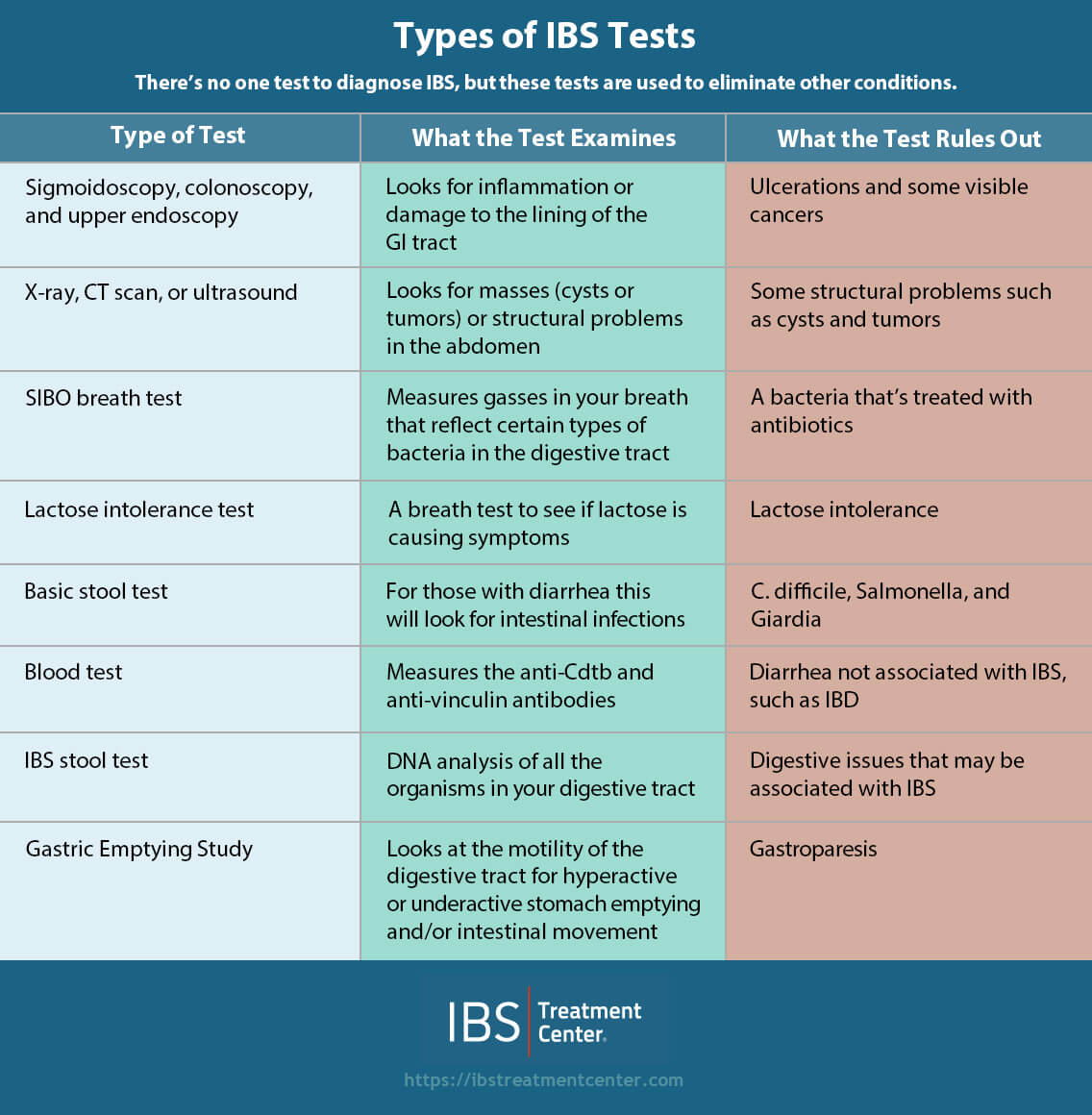

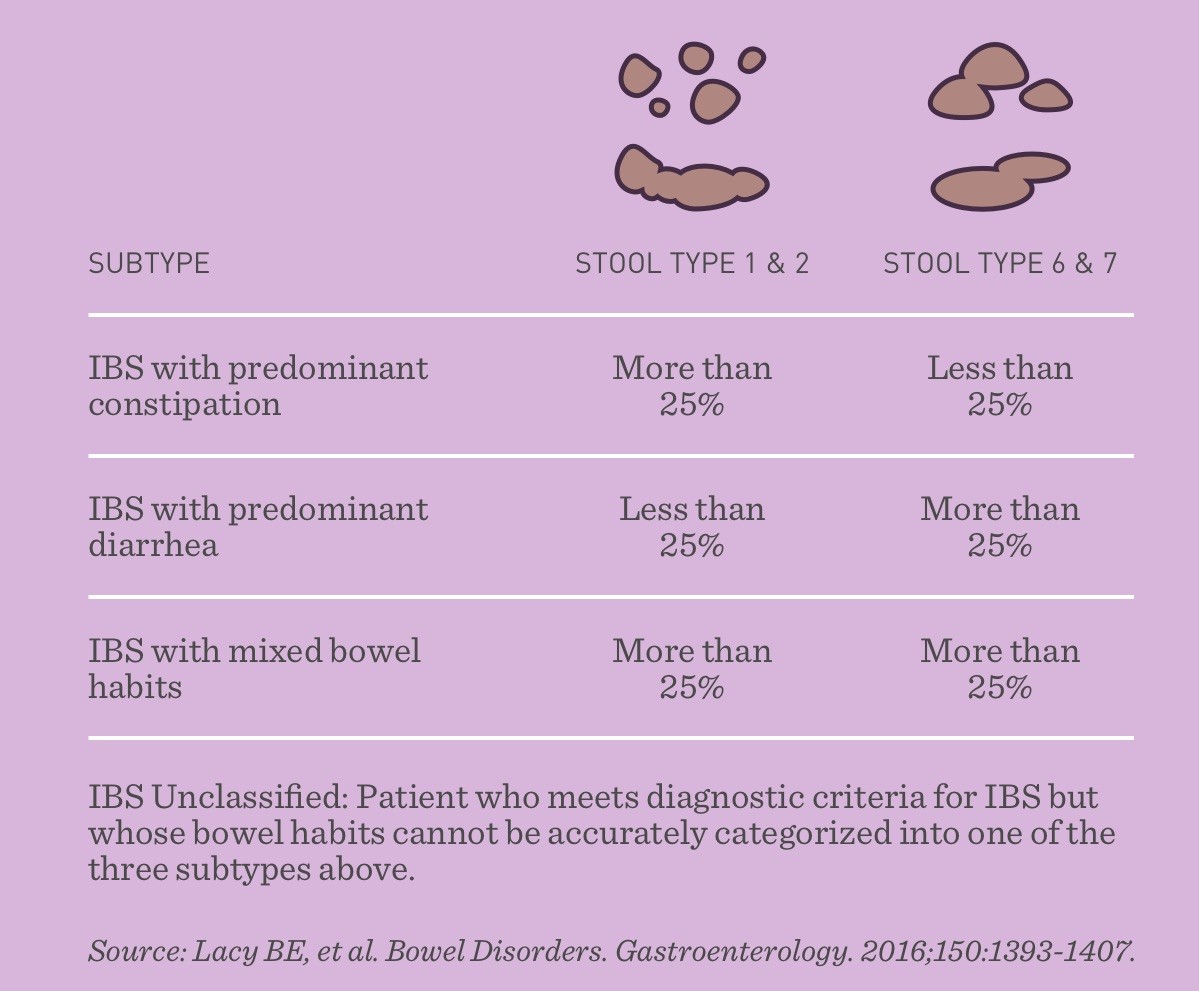

:max_bytes(150000):strip_icc()/irritable-bowel-syndrome-overview-1941641_final-c2b1fa18002a4d9095b47d11d7a43ef6.jpg)
